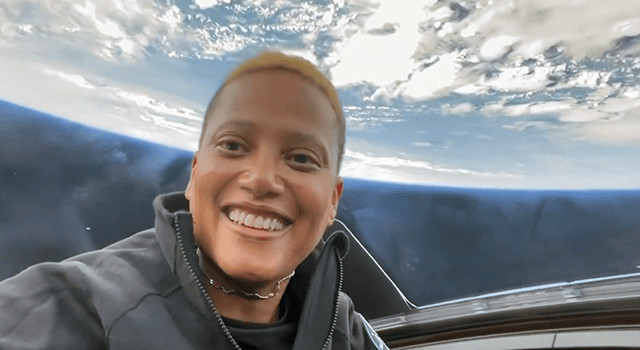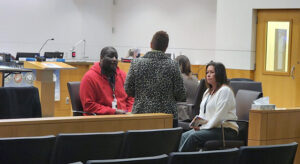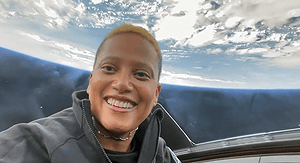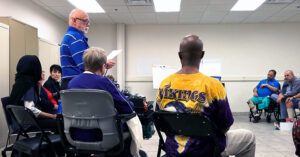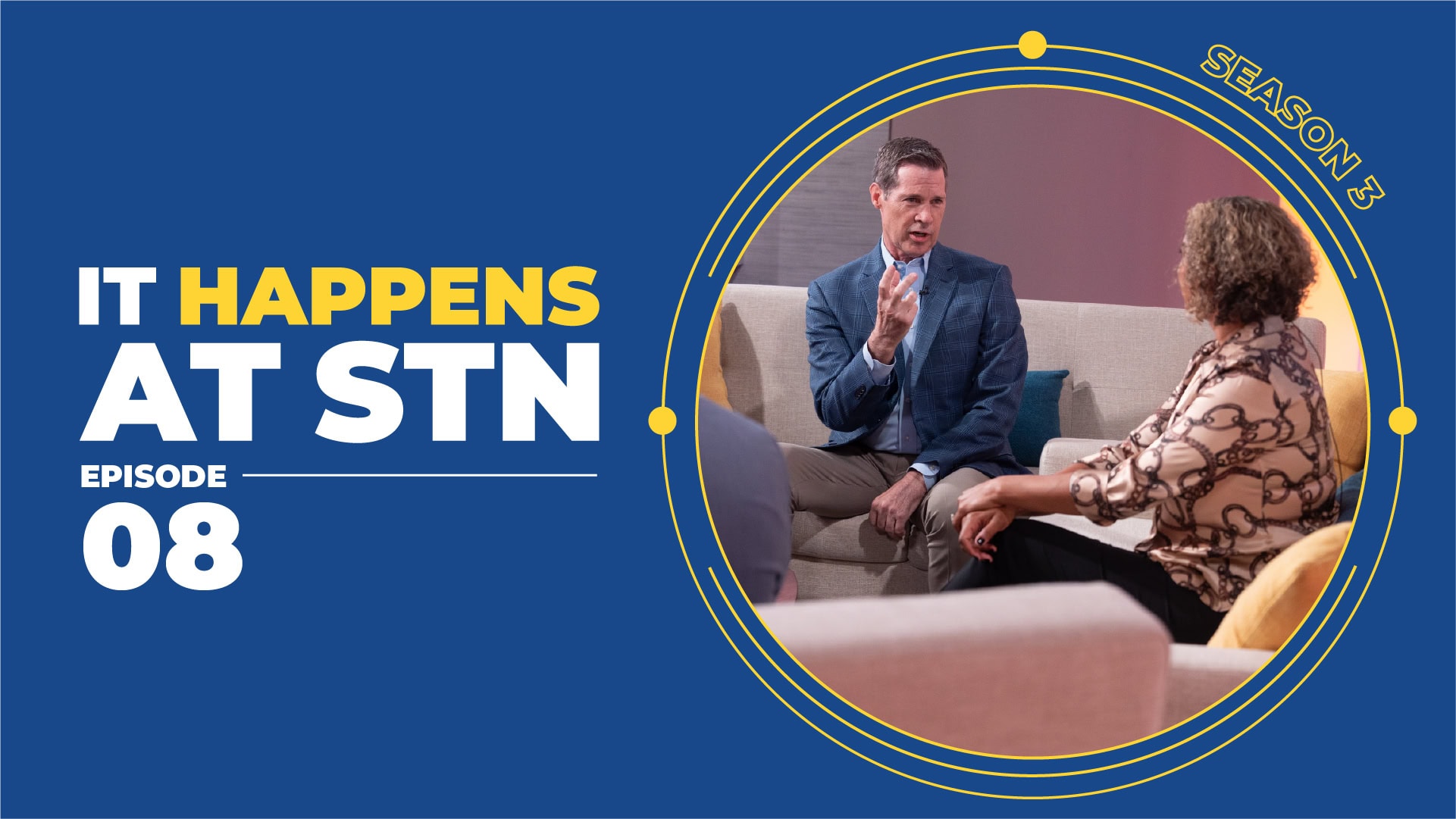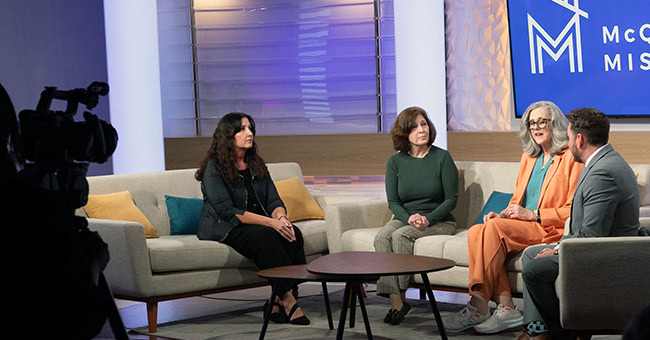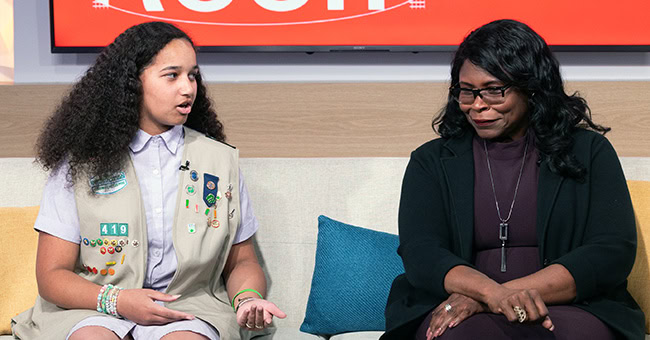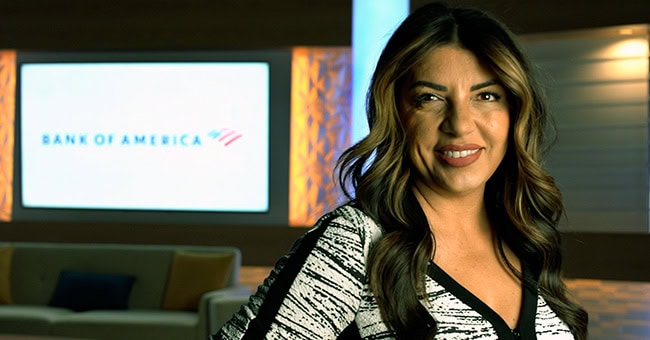PHOENIX, Ariz. (STN) – She’s been on the cover of Time Magazine. She received a shout-out on stage from U2 frontman Bono. She’s been featured in a Netflix documentary. She has a selfie with Earth in the background. And, in 2021, she became the first Black woman to pilot a spacecraft.
So, it’s probably safe to assume that for Dr. Sian Proctor, an astronaut and geoscience professor at Maricopa Community Colleges, taking part in the March episode of ‘It Happens at STN’ isn’t the most exciting thing she has ever done. For those in attendance, however, it was a real chance to be inspired by someone inspiring.
Since she was a little girl growing up in Guam where her father was working for a NASA tracking station, Proctor said she has always had her eyes on the stars. “I feel like space has always been a part of me.”
For the panel discussion, Proctor was joined on stage by two Girl Scouts from the Arizona Cactus-Pine Council for a candid discussion on dealing with and overcoming imposter syndrome. “I have my doctorate, and I’ve done a lot of amazing things, but that doesn’t mean that I don’t have that voice inside my head that fuels me with doubt,” Proctor said. “What am I doing here? How did I make it here?”
See Dr. Sian Proctor in the In the Room action panel
Proctor said that even with all she has accomplished in her life so far, lingering imposter syndrome was seemingly always there with her. It wasn’t until she started working with students and saw some of them suffering from the same insecurities, doubts, and fears coming from the little voice inside their heads. “I think that that’s really when I started to take control of my own narrative for my imposter syndrome and have conversations with that voice inside my head,” she said. “And, I felt like if I could share some of the lessons that I’ve learned, maybe I could help future generations to be able to take on that voice sooner in their careers than later.”
One of the most important things Proctor said she has learned in her journey dealing with her own imposter syndrome is realizing it can be extra debilitating when things don’t go the way you want them to. “A lot of times when something doesn’t go your way, it’s a learning opportunity, just like when it does go your way.”
Proctor believes that one of the biggest keys in handling imposter syndrome is for people to remember that they occupy a unique space in this world. “I call it space to inspire. How you use your unique space matters. When that voice comes up, that imposter syndrome voice, that voice that tries to fill you with doubt, you use your space to inspire and say, ‘I’ve been doing a lot of amazing things. I’m going to be able to be in this situation, and I’m going to let my light shine, and it’s all going to work out.’ That’s your space. There’ll only ever be one of you.”


